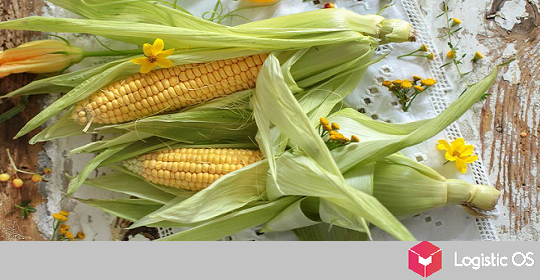A significant decrease in the wheat harvest in Morocco is forcing it to increase imports, which could be beneficial for the Russian Federation.
The wheat harvest in Morocco this season was more than modest.
Its volume was about 2.5 million tons, which is 40% lower than last year, when 4.2 million tons of wheat were harvested.
Analysts note that this is the worst harvest since 2008, when 1.6 million tons were harvested.
As for the barley harvest, the situation is even worse. The total production volume is less than 0.7 million tons, which is 52% worse than last year.
The main problem with such a low harvest is the drought, which has already become a big problem for the country several years ago. For example, 2023 was one of the driest years, when the precipitation deficit was up to 48%, compared to the long-term average.
The lack of precipitation also led to many agricultural producers deciding to reduce their sown areas.
In particular, instead of 5 million hectares, only 2.7 million hectares were sown, as farmers feared that they would not be able to get a harvest due to the lack of moisture.
At the same time, experts note that the harvest that was eventually collected is still a success, since there were heavy rains in March. If not for them, the situation could have been much worse.
Obviously, the harvested crop of 2.5 million tons is not enough to satisfy domestic consumption of 10 million tons.
Therefore, Morocco has no choice but to import wheat. Most likely, the volume of imports this year will increase from 6.25 million tons to 7.5 million tons.
Against this background, some experts predict that Russia may replace France as the main supplier of wheat to Morocco this season.
The fact is that France may simply not have enough volumes of high-quality wheat to satisfy importers’ demand. Therefore, it is very likely that Morocco will have to turn to Russia, as well as Romania and Bulgaria.
Russia is currently the third largest supplier of wheat to Morocco, with a share of about 8%.
In the first 4 months of the 2024-2025 marketing year, the Russian Federation has already exported 400 thousand tons of wheat, which is about 80% of last year’s supply volumes. Thus, we are seeing significant growth that may continue.
One of the reasons for the increased demand for Russian wheat may be the system of discounts that the Russian Federation offers to its customers, which significantly increases the competitiveness of its products on the world market.

